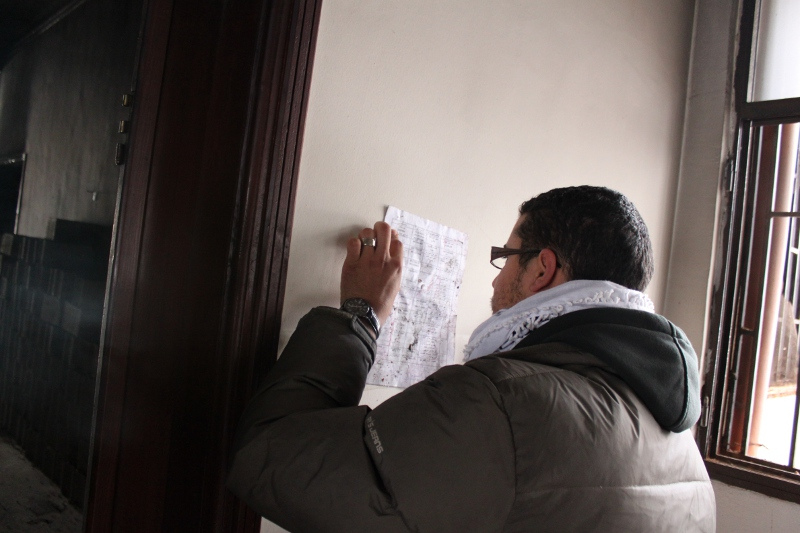“No one can attack civilians. That is a new threshold” ICC Chief Prosecutor Luis Moreno-Ocampo told a new conference in The Hague today. “Countries can discuss how to organize themselves. That is a valid discussion. But as soon as someone commits a crime, then it is our business”.
Ocampo was responding to UN Security Council Resolution 1970 passed 26 February which referred the situation in Libya to the ICC. In effect, he today agreed with the Council that there is a case to be made that crimes against humanity had been committed between 15 and 20 February.
As expected, Ocampo named Colonel Muammar Gaddafi and his “inner circle including his sons” as targets of his investigation (check out this nice network visualization by The Arabist). He also put the heads of the security forces on notice that they could be held criminally responsible if forces under their command commit crimes and they do not prevent or prosecute perpetrators. Ocampo said he would be looking into allegations of crimes by opposition forces as well.
Serving notice was mostly likely the main point of today’s news conference, as there was surprisingly little said about what the specific crimes are supposed to have been. Ocampo made only one statement on the subject: as he started his press conference he said “attacks on peaceful demonstrators” were the basis for his assessment that these amounted to “serious” allegations worth investigating.
Killing and other attacks on demonstrators would have to arise the level of being “widespread or systematic” in order to qualify as crimes against humanity. Mass killings, mass rapes, systematic torture – anything that smacks of being an atrocity – are examples of the kinds of crimes that ICC judges will be looking for Ocampo to show evidence of. No matter how much we’d all like to be rid of the Libyan leadership, the ICC judges are unlikely to have much tolerance for an attempt by Ocampo to argue that any use of violence by a government in suppressing protests is enough to constitute a crime against humanity. That would in effect expand the substantive jurisdiction of the ICC to include state responses to riots (read “maintaining law and order”), which the judges almost certainly will not do. State violence against peaceful demonstrators would have to be, well, widespread or systematic.
Claims yesterday by human rights groups of 6000 killed remain unverified, by their own admission. Those claims are certainly worth investigating. And by putting the leaderships of both sides on notice that, if the situation does deteriorate, they will be held responsible, Ocampo may have helped to constrain the likelihood of atrocities.
Stay tuned. Ocampo plans to make his case for indictments to pre-trial judges with a couple of months. The judges will then decided on indictments and arrest warrants.
Photo: Al Jazeera English “Inside the muderiya”
The security headquarters repelled a protester assault on Saturday, February 19, but was overrun the following day. Inside, rooms bore signs of a hasty retreat: personal effects and routine paperwork were scattered across desks and the floor; office equipment lay strewn across staircases. Fires had destroyed some documents, but activists recovered others, including this soggy list bearing the names, titles and phone numbers for high-ranking security directors from eastern Tobruk to Sirte, a Gaddafi stronghold several hundred kilometers west of Benghazi.
